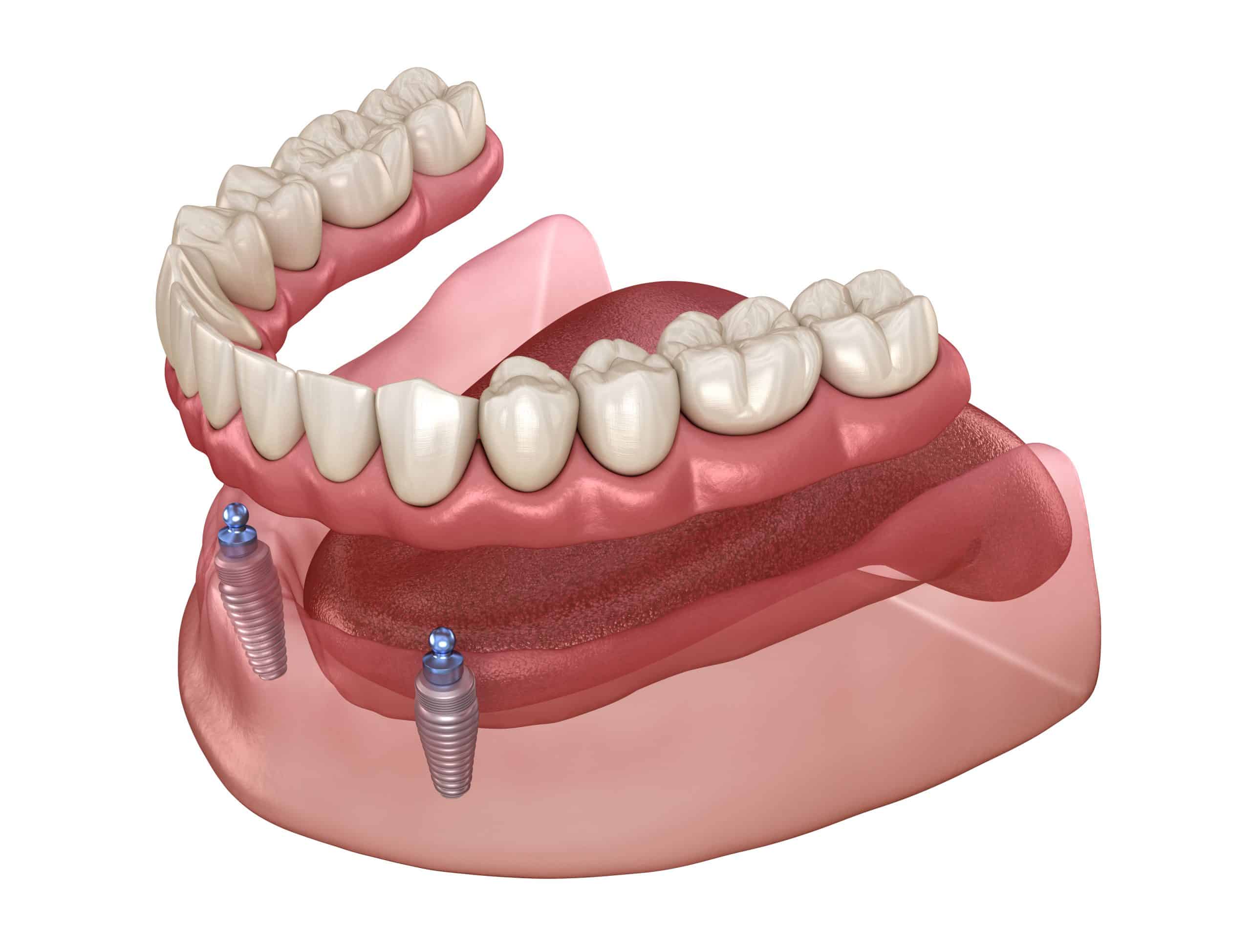Description
Familiarity with Treatment
Implant-supported dentures are a type of dental prosthesis that are anchored in the jawbone using dental implants. These dentures offer a stable and secure solution for individuals who require replacement of multiple missing teeth.
Procedure
The procedure for implant-supported dentures typically involves the following steps:
- Evaluation and Implant Placement: A comprehensive evaluation is conducted to assess the patient’s oral health and bone density. Dental implants are surgically placed in the jawbone to serve as anchors for the dentures.
- Healing and Integration: After implant placement, a period of healing and osseointegration occurs, during which the implants fuse with the surrounding bone to provide a stable foundation for the dentures.
- Attachment of Dentures: Once the implants have integrated with the bone, the custom dentures are attached to the implants, providing a secure and functional replacement for missing teeth.
Who is it Suitable For?
Implant-supported dentures are suitable for individuals who have lost multiple teeth and desire a stable and secure tooth replacement solution. They are particularly beneficial for individuals who seek improved stability and functionality compared to traditional removable dentures.
Who is it Not Suitable For?
Implant-supported dentures may not be suitable for individuals with certain medical conditions or insufficient bone density in the jawbone to support the implants. A comprehensive evaluation by a dental professional is necessary to determine suitability for the procedure.
Advantages
- Enhanced Stability: Implant-supported dentures offer superior stability and retention compared to traditional removable dentures, allowing for improved chewing efficiency and speech clarity.
- Preservation of Bone: The presence of dental implants helps preserve the underlying jawbone, preventing bone resorption and maintaining facial structure.
- Long-Term Solution: With proper care and maintenance, dental implants can last a lifetime, providing a durable and long-term tooth replacement solution.
Complications
- Implant Failure: While most dental implants are successful, there is a risk of implant failure, which may require additional surgical procedures to address.
- Soft Tissue Complications: Complications such as peri-implant mucositis or peri-implantitis, which affect the soft tissues surrounding the implants, can occur and require prompt management.
- Prosthetic Complications: Issues related to the dentures, such as loss of retention, mucositis, abutment screw loosening, and fracture, may occur and require professional attention.
Preoperative Care
Preoperative care for implant-supported dentures involves a comprehensive evaluation by a dental professional to assess the patient’s oral health, bone density, and suitability for the procedure. This may include imaging studies and a thorough examination of the oral and jaw structures.
Postoperative Care
Following the placement of implant-supported dentures, individuals should adhere to postoperative instructions provided by their dental professional. This may include guidelines for oral hygiene, dietary restrictions, and regular follow-up appointments to monitor the fit and function of the dentures and implants.
Implant-supported dentures offer a stable and secure tooth replacement solution for individuals who have lost multiple teeth.





Reviews
There are no reviews yet.